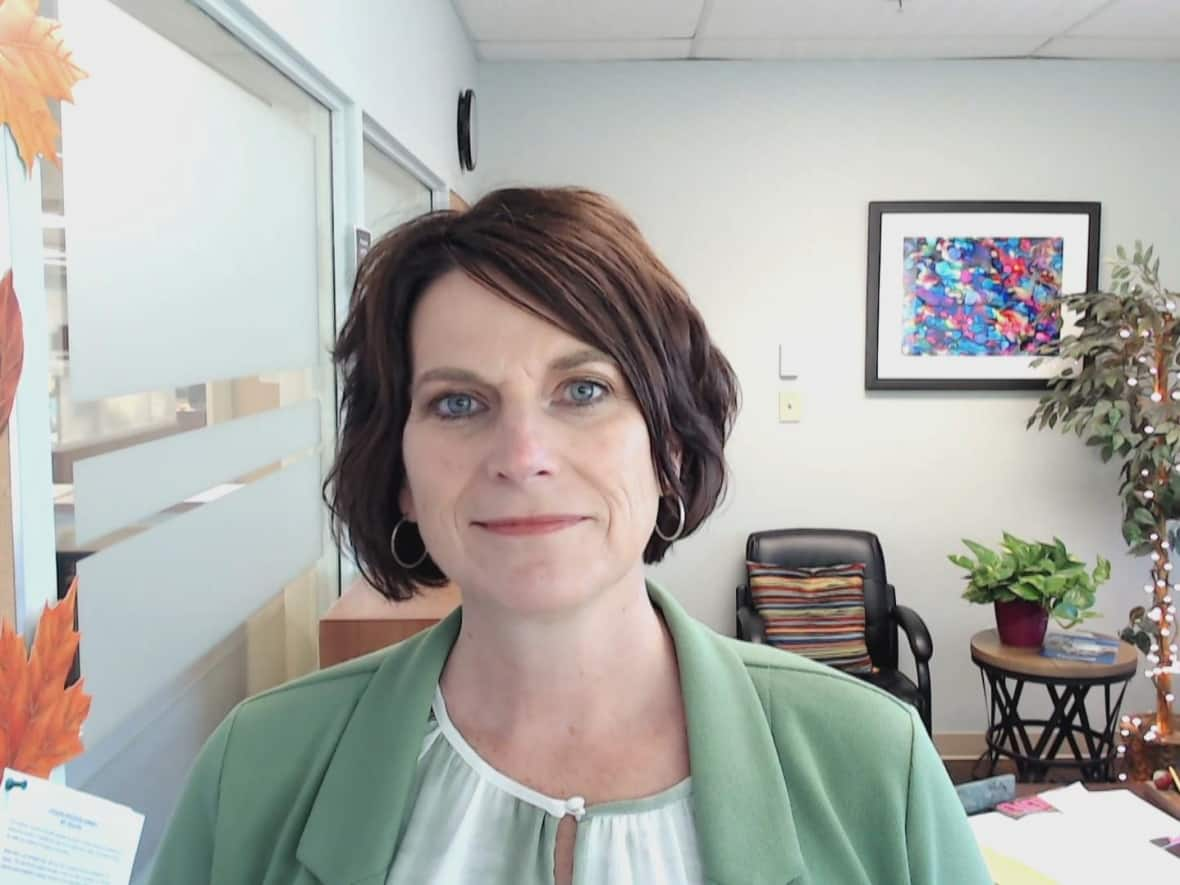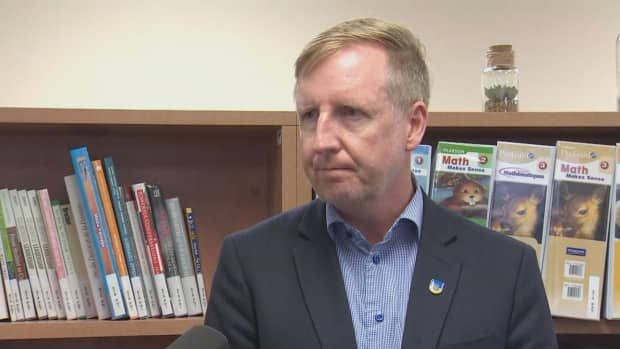Teachers excited to go back to school, but challenges remain

The association that represents New Brunswick teachers says it hasn't heard many concerns from staff as the school year is set to begin with no COVID-19 restrictions.
New Brunswick Teachers Association president Connie Keating said whether or not people feel safe in their workplaces "would be very dependent on the individual," but she's mostly heard from teachers saying they're excited to be back face-to-face with their students.
"There haven't certainly been a lot of concern[s] shared," she said. "The focus is on the learning and the mental health of students."
On Sept. 6, kids will be starting school restriction-free for the first time in two years.There are no mask, distancing or cleaning mandates and no outbreak protocols, according to the Department of Education.
New Brunswick removed all COVID-19 restrictions in March.
Dominic Cardy, minister of education and early childhood development, said he would like to hear from teachers who feel uncomfortable with their working conditions in the coming months.
Keating said one challenge that's been exacerbated by the pandemic is the staffing shortage. Some schools in the province, especially in western New Brunswick, are still in need of French-immersion teachers for example.
"Staffing will be done, you know, right up until the end of the day [Friday]," Keating said.

Supply teachers are also in short supply.
"It's important that we have those supply teachers in place because … this year, in order for it to be smoother, we need the predictability of knowing when teachers are out sick or teachers need professional learning."
Keating said a lot of supply teachers have been hired on full time, taking them out of the pool, but a "worldwide" teacher shortage is affecting how quickly that pool is replenished.
Cardy said this spring was "pretty difficult" with teachers off sick and a lack of supply teachers.
"The thing I was happiest about … we did see that our system was able to keep every single school open every single day from the time that restrictions were removed," he said. "So absolutely we had staff shortages and absences, but we were able to keep the system up and running."
Cardy said he's hoping this fall will be the same.
However, he said if Public Health issues new guidelines, schools will adapt.
"We'll certainly follow their advice as I have throughout the pandemic"
Making up for lost lessons
The last two years of COVID-19 disruptions, and online school, have had a negative impact on some students' academic performance.
Keating said the department and the association are looking at "new interventions and services to combat the impacts of increased student absences, the gaps in learning and the mental health issues."
She did not say what these services or interventions are, but said going to school in person would help address these problems more quickly.
"Filling those gaps in learning is really secondary. What we need to be focused on is both teacher and student mental health, and we need to start with making connections," Keating said.
Cardy said it's OK if teachers find it necessary to hold some students back to make up for lost time.
"If we see that there are going to be students who would like to be held back, or the parents feel it's appropriate or most importantly if the teacher feels it's appropriate, then we want to listen to and respect that teacher's voice and the voice of the people who know the child best."


